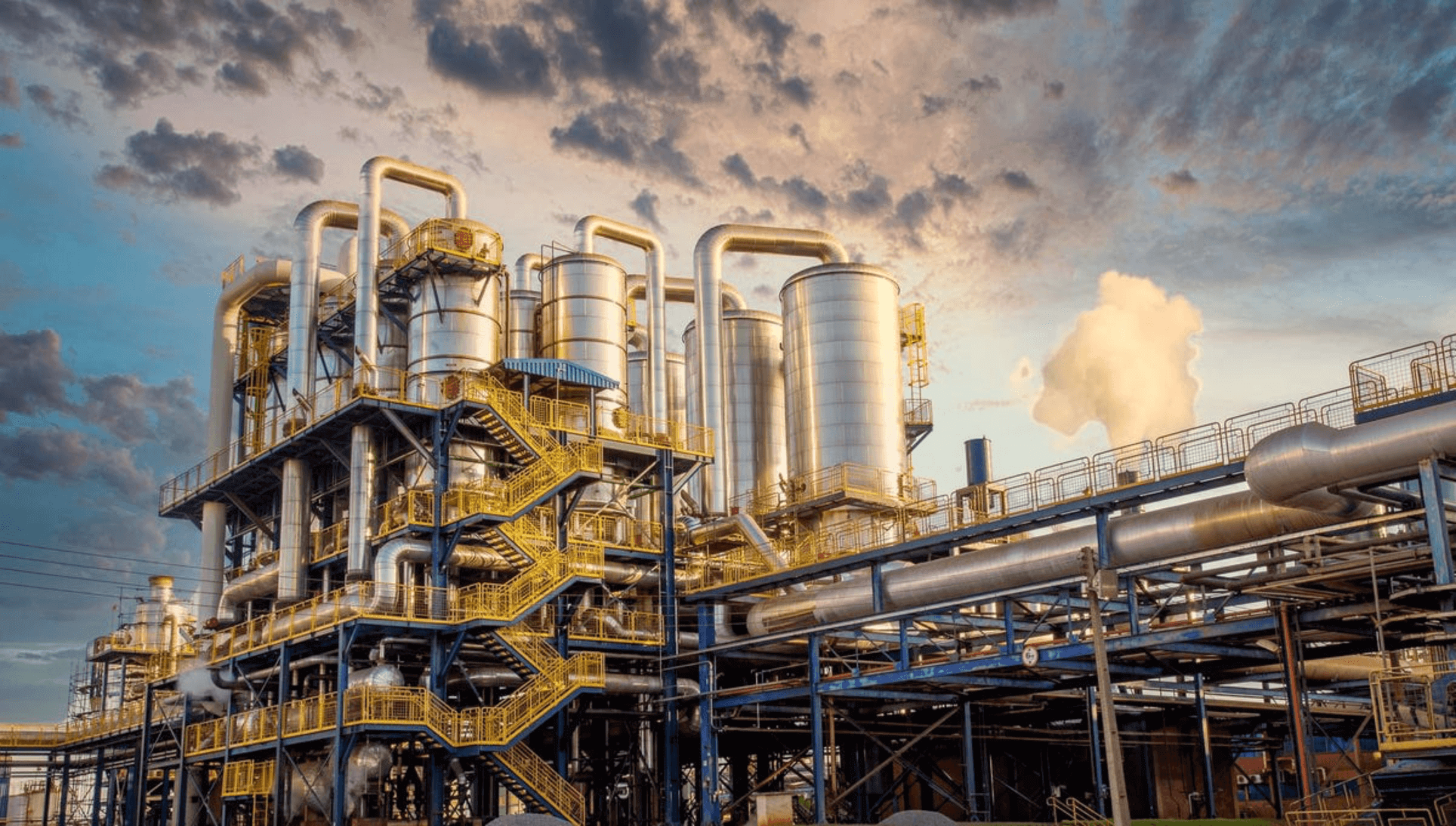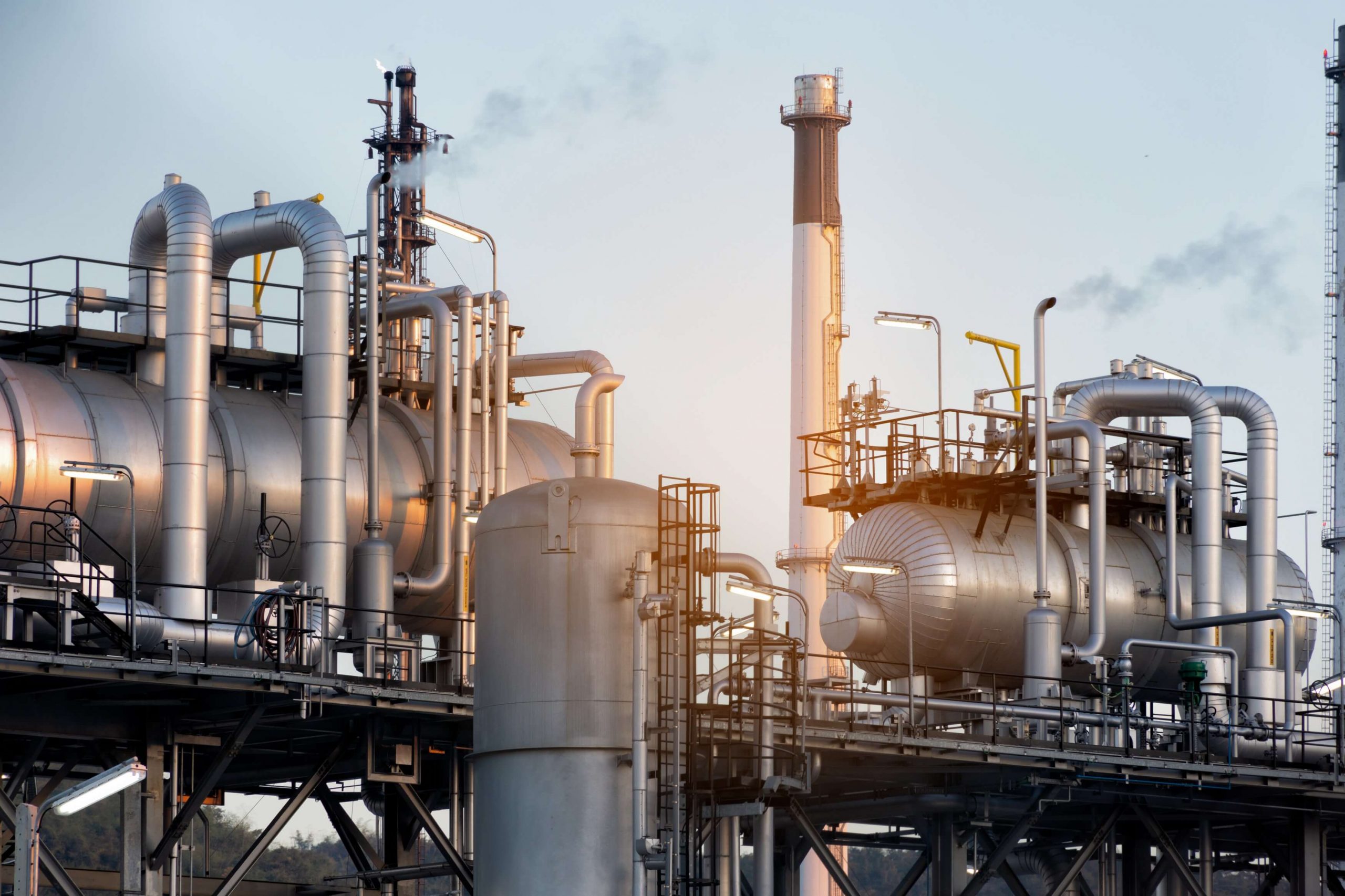Risk-based Integrity Management in Refineries Course
Consultant/Trainer: Dr. Henk Helle
Robust integrity management and the culture underneath it is the single most important characteristic of the world’s best refineries. Achieving this is a constant challenge for refinery management and staff alike, but clearly, to meet that challenge, technology, money and algorithms can only achieve a fraction of what is needed. Integrity is achieved primarily through a shared understanding of the nature of many threats to equipment integrity and a shared perception of the ways these threats can be controlled: established, contained, neutralized or mitigated. Integrity management is not only about control; it also requires assurance of control, which Risk-based Integrity Management can deliver. The course will address the threats to static equipment in the more vulnerable and critical refinery processes such as atmospheric and vacuum distillation, hydro-processing, cracking as well as the peripheral and utility processes such as gas treating, sour water stripping, sulphur recovery and steam boilers. This is achieved through a step by step explanation of the corrosion mechanisms and the physical and chemical actors that drive them. Qualitatively and where possible, quantitatively.
Participants
This course is of interest to Technologists, Process, Maintenance and Corrosion engineers, Inspectors, Integrity Managers and Technicians, as well as Engineering Contractors. Those involved in the design of refinery units may also benefit. The information in the seminar can generate insight in ways to make better, more robust equipment for refineries. The course may be useful to oil traders and suppliers of refinery chemicals.


Learning Objectives
The participants will learn to understand the methods of control through design, material selection, operation and inspection and how to implement all that in a refinery ecosystem. The practical aspects of the common and less common corrosion problems are illustrated with numerous field cases.
Programme
- Technical Integrity Management
- Crude units, threats and mitigation
- Hydroprocessing units, threats and mitigation
- Cat crackers, threats and mitigation
- Amine, SWS and SRU’s, threats and mitigation
- Steam boilers, threats and mitigation
- CUI, detection and control
- Risk-based Integrity
- Management IOWs, Key Corrosion Indicators
- Non-intrusive Inspection
- Internal visual inspection
- Fitness for Purpose evaluation
- Risk Based Inspection
- Corrosion Control Documents